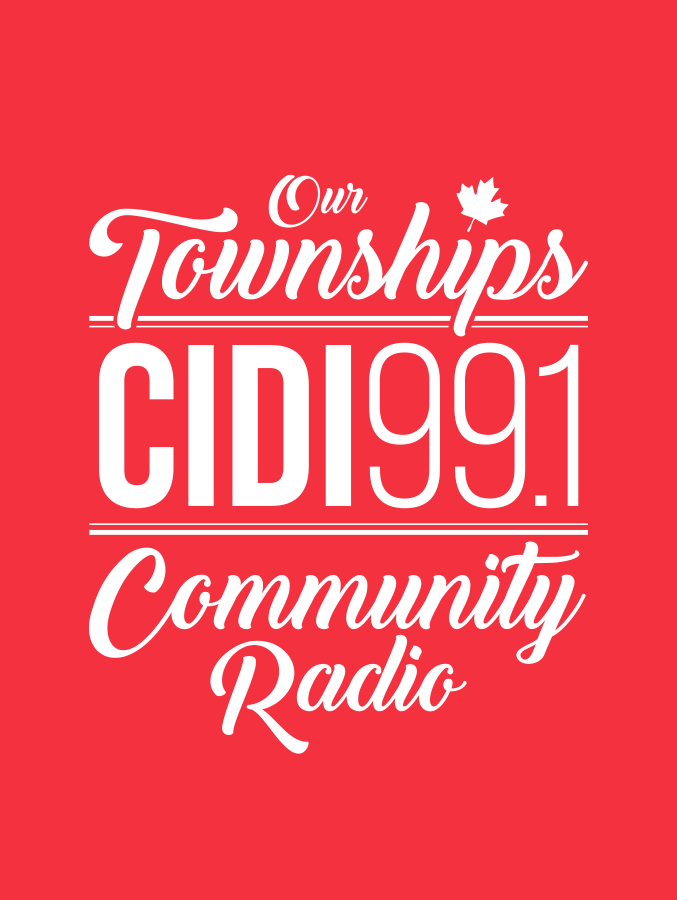Toxic Sport Culture
Federal Minister of Sports calls for cultural change in sports
After information came to light that Hockey Canada was involved in an out-of-court settlement for a sexual assault case involving hockey players from the 2018 junior hockey team, St-Onge is tackling toxic sport culture. Photo by Alexandre Tétreault.
By Taylor McClure
Townships’ Daily News Bits
CIDI 99.1 FM
This spring information came to light that Hockey Canada was involved in an out-of-court settlement for a sexual assault case involving hockey players from the 2018 junior hockey team, bringing attention to the toxic culture that exists within sports.
Federal Minister of Sports and Member of Parliament (MP) for Brome-Missisquoi Pascale St-Onge immediately addressed the situation by cutting federal funding to Hockey Canada and setting certain conditions that the she expects the organization to meet.
St-Onge demanded a financial audit to ensure that no public funding was used in the out-of-court settlement, she demanded that Hockey Canada file with the Office of the Sport Integrity Commissioner (OSIC), that it submit a report of the recommendations put forward by the company it hires to investigate, and a plan as to how they will implement those recommendations.
As of now, not all conditions have been met and the entire board of directors for Hockey Canada have stepped down.
To address abuse, maltreatment, and toxic cultural practices in sports, St-Onge is taking various steps to ensure a safe sporting environment for athletes across the country.
In a follow-up interview with CIDI, St-Onge said that the most important thing for her was that Hockey Canada registered with OSIC, a condition that will be imposed on all federally funded sport organizations before the next funding cycle.
“They’ve worked on some of them, but not all of these conditions have been fulfilled yet. (…) It was priority for me to have Hockey Canada sign on mainly for cases of abuse or maltreatment,” she explained. “Now athletes, and also members of the public, have somewhere to turn to. Also, for OSIC, they will to be able to investigate whether there are cultural issues within the sport that need to be tackled, make recommendations, and help the organization get better.”
However, the financial audit is still not over, added St-Onge, we should receive a report at some point.
“Also, we’re still waiting to see permanent changes in the organization. Right now, the board has resigned and we are waiting to see what people will be voted on the next board, that will be really important. I’m hoping to see a whole lot more diversity, especially women, people from diverse communities, and people from diverse expertise to bring, for example, better governance expertise,” she mentioned.
St-Onge emphasized that the decision made by the board to step down was an important one.
“We heard from the previous board of directors that they didn’t have a good understanding of the depths of the problematics within the organization in regards to sexual violence, but also the culture of silence in the organization,” she highlighted. “It was clear, and it became more clear as they testified in front of the Heritage Committee, that there needed to be an extensive change within the organization and it needs to start at the board.”
After forming the OSIC this summer, St-Onge she is now working with all provinces and territories to create similar “independent mechanisms” in every jurisdiction so that all athletes are protected.
“No matter the level that they’re at. One of the stories that we keep on hearing about is gymnastics. Yes, there’s been problems within the national organization, but also in local clubs and provincial clubs. My goals is to make sure that all athletes across Canada are covered and that they have a safe place to turn to,” she noted.
St-Onge is also working alongside experts to think about new funding frameworks to help organizations have better governing structures, practices, financial transparency, and better expertise about abuse and maltreatment for training and education for athletes, officials, coaches, and leaders.
“I really think this is the only way we’re really going to change the culture in sports is if everyone is involved. If collectively, we use all tools and every opportunity to talk about these issues and create change in sports,” explained St-Onge.
Any time I come to the riding (Brome-Missisquoi) and I meet people, a lot of them talk to me about how they were offended by Hockey Canada’s attitude and their management of sexual abuse, but also about their own experiences in sports, mentioned St-Onge.
“I’m planning on visiting a lot of arenas this winter to just talk with parents, coaches, and players to know more about what they think and what they’re doing in their own teams to have better communication and to fight those issues,” she said.
Listen to the full interview below:

